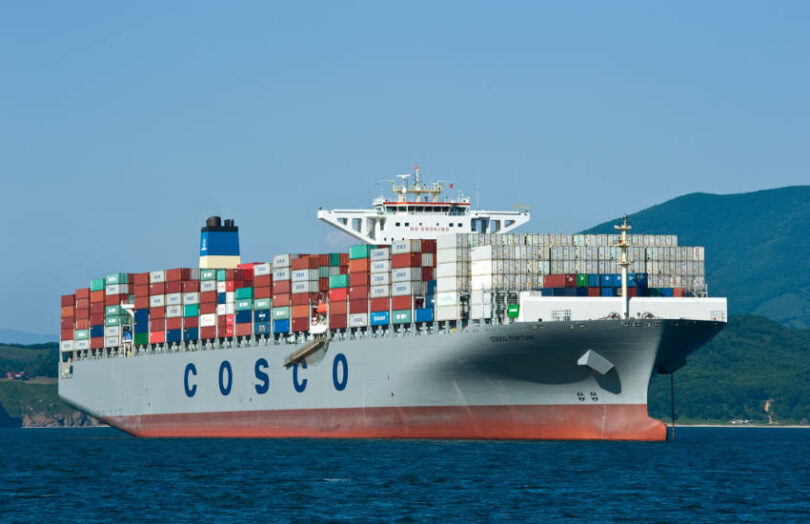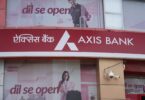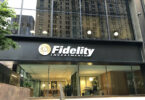Today the Global Shipping Business Network (GSBN) announced that its blockchain network has been used for its first electronic bill of lading (eBL) by COSCO Shipping Specialized Carriers. Its parent COSCO Shipping is one of the founding shareholders in GSBN.
Because COSCO Shipping Specialized Carriers deals with nonstandard cargo it involves a more complex supply chain where the efficiency of electronic bills of lading can have a greater impact. In this case, the client was ELDORADO which specializes in providing shipping for paper pulp, with plans to rollout out the eBL service to other clients.
Carrier OOCL and the Bank of China are also supporting eBL on GSBN.
“This blockchain-based eBL transaction marks a breakthrough for our business – it is unprecedented and an impressive step forward in our digital transformation journey,” said Hu Yiyang, Digitalization Team Leader of COSCO Shipping Specialized Carriers. “Harnessing the power of GSBN’s blockchain infrastructure and the IQAX eBL solution built upon it, we are able to upgrade the customer experience and generate new value for our customers.”
GSBN itself is not an eBL provider. It likens itself to the iPhone operating system and the IQAX eBL solution is like an app. IQAX is the first eBL provider that has integrated with GSBN, and GSBN hopes to attract other eBL solution providers.
“I’m not an eBL solution provider, so I don’t really care who wins. I want people to adopt eBL regardless of which solution,” Betrand Chen, GSBN CEO, told Ledger Insights in December.
Industry estimates are that eBL adoption is 1.5% to 2% which Chen believes is overly optimistic. To achieve traction, adoption needs to be driven by corporates and supported by banks and shipping lines. Banks play a critical role because the bill of lading is the most important document in trade finance.
Chen sees interoperability as key, a topic that the Digital Container Shipping Association (DCSA) is actively working on with several eBL providers such as WaveBL, CargoX, edoxOnline, essDOCS, Bolero, and IQAX eBL. GSBN is engaging with both the DCSA and Baltic and International Maritime Council (BIMCO) to support the adoption of standards.
If all the eBL solutions are interoperable, this will mean banks don’t have to do 15 different integrations to support every eBL solution on the market.
Chen estimates it could be five years before industry adoption of eBL solutions achieves a tipping point.






